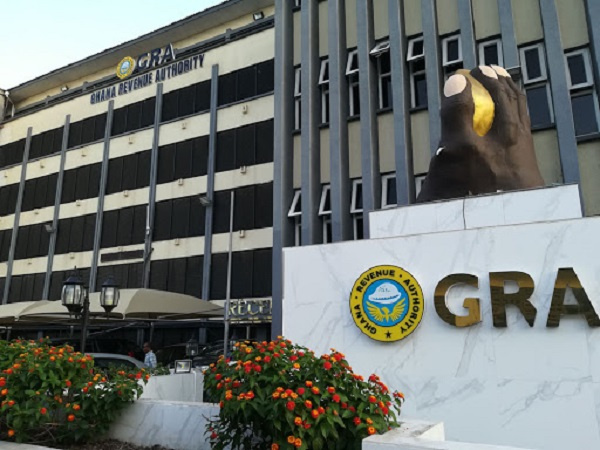The Ghana Revenue Authority (GRA) has said it is finalising processes to capture some two million potential informal sector taxpayers into the tax net.
Speaking to the B&FT at a media briefing in Accra, Commissioner, Domestic Tax Revenue Division, GRA, Mr. Edward Gyambrah said plans are far advanced to roll out the Modified Taxation System and capture about two million small and medium taxpayers from the informal sector.
“This system will capture everyone who earns income in the country, and we envision roping-in about two million before end of year. We’ve been working on it over the last three months and its roll-out is scheduled for August this year,” he said.
The informal sector of the economy is said to be elusive in tax mobilsation since tax evasion or avoidance is endemic.
Despite a fast-growing informal sector economy, data from the GRA have shown a constant decline in tax collection from that sector in recent times.
For instance, the informal sector’s major contributor to the country’s public purse – Vehicle Income Tax – saw a drop from 8.3 percent in 2017 to 7.3 percent in 2020; while the Tax Stamp, which is the other contributor, witnessed a drop from 1.4 percent to 1.3 percent in the same period under review.
The decline, according to tax experts, is worrying as the sector constitutes more than 85 percent of the country’s workforce.
Ghana’s informal sector, according to Good Governance Africa, is estimated to represent about 35.6 percent of the economy; constituting approximately US$66billion at GDP purchasing power parity levels.
Regarding the sector’s prospects, Mr. Gyambrah said the Modified Taxation System will help put GRA on the right path to expand the current tax base.
Indeed, GRA said it has exceeded its target to register some 600 taxpayers in the Large Taxpayer Office into the Commissioner-General’s invoicing system.
The Authority, according to Mr. Gyambrah, has onboarded some 614 taxpayers of the target and is willing to implement other key strategies including the Modified Taxation System.
“These are key strategies that will be replicated in implementing the modified system to increase collection and enable us to meet the GH¢146billion tax target for the 2024 revenue year,” he said.

